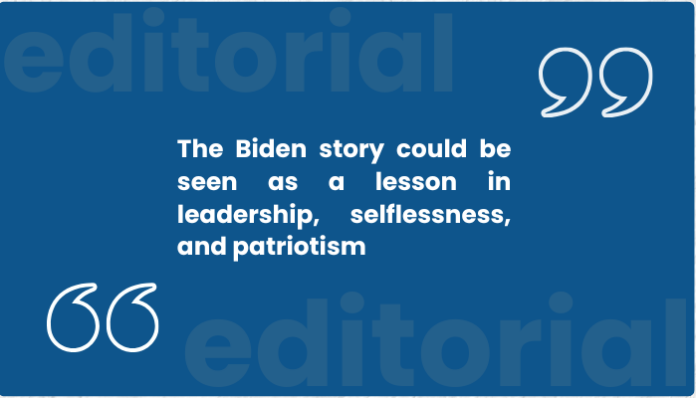“The wrong man at the helm could undermine the administration’s law enforcement initiatives”
WITH Police General Rommel Francisco D. Marbil preparing to retire on June 7, the question now is who will take over the reins of the 230,000-strong Philippine National Police.
No doubt, it will be a critical transition that goes beyond a routine turnover, as it could impact on national security, law and order operations, and the political future of the Marcos family.
Four names are making rounds in Camp Crame and officer circles: PNP No. 2 LGen. Jose Melencio Nartatez, LGen. Edgar Allan Okubo, MGen. Nicolas Torre III, and NCRPO Chief BGen. Anthony Aberin.
All four have impressive credentials, but what could prove crucial at this time is more than seniority and merit. At the heart of the selection process is one non-negotiable requirement: loyalty to the Commander-in-Chief.
Among the four, Nartatez appears to be the strongest contender. As the Deputy Chief for Administration, he holds the second-highest position in the PNP hierarchy.
However, his name is mired in persistent rumors of political proximity to Senator Imee Marcos, the President’s sister, and a figure often viewed as charting her own course—sometimes at odds with Malacañang.
The scuttlebutt points to Nartatez as the primary source of critical information that fueled Sen. Imee Marcos’ Senate hearings on the arrest of former President Rodrigo Duterte. A longtime Marcos loyalist and Imee’s former police chief in Ilocos Norte, Nartatez didn’t just earn her trust—he is said to have embedded himself in her circle as a dependable insider within the national security framework.
Social media discourse, amplified by pro-Marcos influencers, has further complicated his bid. Nartatez is said to be the senator’s “mole” in the PNP, a claim that, if true, raises questions of divided loyalty and potential conflict of interest.
In an institution where allegiance to the chain of command is paramount, such allegations cannot be simply ignored.
Compounding these concerns are allegations circulating in vlogs and social media posts that suggest Nartatez could be deviating from the straight and narrow path expected of law enforcers. While these claims have not been substantiated by official probes, their prevalence in online chatter adds another layer of controversy to his candidacy.
Meanwhile, MGen. Torre has emerged as a bold figure within the force. His involvement in high-risk and politically sensitive operations such as the arrest of controversial religious leader Apollo Quiboloy and, more recently, former president Rodrigo Duterte, signifies a willingness to carry out difficult tasks for the Marcos Jr. administration.
However, his rising profile could also make him a target of reprisal from powerful political camps.
LGen. Okubo and BGen. Aberin, while relatively low-key, are both seen as reliable and competent. Okubo, a well-respected officer who once headed the elite SAF and later the Directorate for Integrated Police Operations, has maintained a solid but quiet record.
Aberin, as NCRPO chief, is known for his calm but steady leadership in Metro Manila, a politically sensitive region.
With a radically shifting political landscape, particularly in the wake of the recent senatorial election that saw the opposition make significant gains, the stakes are higher than ever.
The new PNP chief must not only be capable of navigating a potentially hostile legislative environment but must also protect the organization from destabilizing political pressures.
This is no time for experimentation.
The wrong man at the helm could undermine the administration’s law enforcement initiatives, exacerbate discontent within the ranks, and even open up cracks in the government’s internal security apparatus.
A compromised PNP leadership could spell doom for the President’s already precarious trust and approval ratings.
The right man, on the other hand, can serve as a guarantee against chaos. Loyalty, now more than ever, is crucial to the national interest and political stability.
The President must appoint a PNP Chief whose allegiance is clear and who can be trusted to carry out policy without interference or divided loyalties.
As the June 7 deadline nears, President Marcos Jr. must render a decision that is not only strategic but existential.
The survival of his administration could very well depend on the man who leads the PNP into this new phase in the life of the nation.
(Email: ernhil@yahoo.com)








